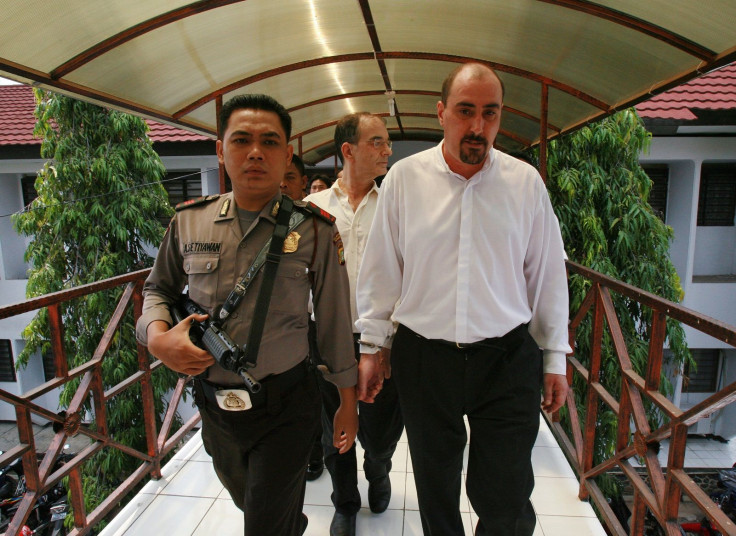French Convict Serge Atlaoui Loses Appeal for Execution Stay In Indonesia

French drug convict Serge Atlaoui, 51, may have won temporary reprieve two months ago, allowing him to be excluded from the execution by 12-man firing squad of seven foreign drug offenders in Indonesia. On Monday, however, he lost an appeal to reduce his sentence.
According to AFP, Jakarta’s State Administrative Court dismissed the defense lawyers’ argument that President Joko “Jokowi” Widodo dismissed Atlaoui’s plea for leniency without proper consideration. The court also stood by its previous stance from April that they did not have authority to contest the clemency plea.
Atlaoui’s lawyer Nancy Yuliana told reporters that their legal team was upset with the decision but they are already considering their next steps. She then claimed that they knew their client was innocent but that they were only asking for his sentence to be reduced from execution to life imprisonment and not for him to be set free.
The French national was arrested back in 2005 in an underground drugs laboratory where law enforcements accused and charged him of being the site’s drug chemist. He maintained that he was innocent and that he was at only mounting machinery in what he thought was a paint plant.
He was initially sentenced with life imprisonment but the Supreme Court changed it to death penalty on appeal. The French government launched a campaign to save him but Mr Widodo refused to budge. Death row inmates can avoid execution by asking for pardon or forgiveness of an offence and the annulment of relevant penalties in whole or in part which may include reduced sentence or prison time.
Mr Widodo, Indonesia’s reformist president, was elected in July last year. Shortly after taking office, he declared a national emergency against drugs. In his administration, death penalty was considered as the biggest deterrent against drug trafficking.
January of this year marked the first movement of mass executions in Indonesia under Mr Widodo’s regime with six drug offenders, five of which were foreigners, killed by firing squad. Other executions have followed including those of the two Australian offenders, Andrew Chan and Myuran Sukumaran, who were part of Bali Nine. These killings prompted the Australian government to withdraw its ambassador assigned to Indonesia.
The president is yet to grant pardon. However, he was known to give reprieves to prisoners, including the Filipina maid Mary Jane Veloso.
For feedback/comments, contact the writer at ailyanaferrer.salumbides@gmail.com.





















